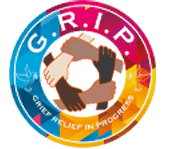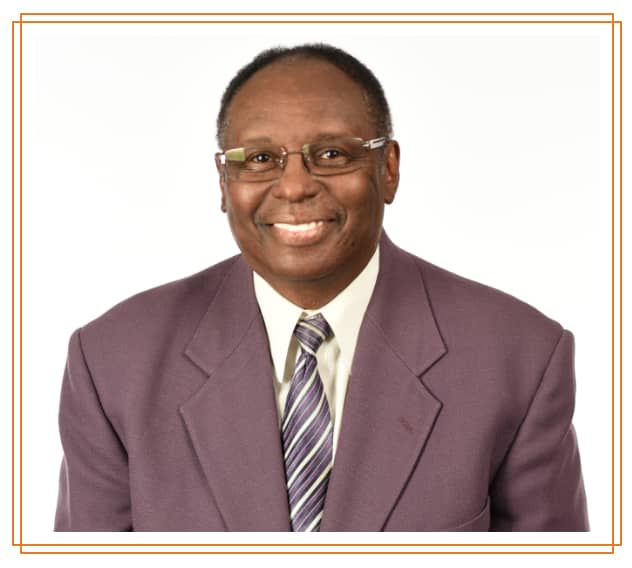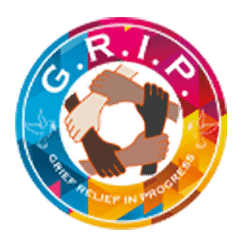About Me
The loss of loved ones has been identified as the most devastating stressor that an individual experiences in life. I have attended and participated in funeral services of friends, colleagues, and family members. Some of the losses were much more painful than others. In 1968, I answered a telephone call at 2:20 a. m. from my older sister. About 550 miles away, she gave my mother the painful news that the third oldest child in our family was killed in a car accident. I was confused, shocked, in a state of disbelief, and was very upset when my mother uncontrollably started to cry and deny that he was dead. As a young and inexperienced teenager, I needed support, but none was available. Such was my introduction to bereavement, mourning, and the grieving process. In 1974 I started to investigate how to help those who were grieving. Since then, (1974) I’ve experienced the loss of both parents, two other brothers, and two older sisters.
My grief education and work experience have prepared me to be a competent and effective supporter of those who experience loss. Experience has taught me that when one experiences a loss, feelings and emotions cannot be harnessed; nor can one hide them. That is, I became aware that no amount of grief education or experience with helping grieving people can adequately prepare one for the grieving progress.
Grief is a phenomenon composed of feelings and emotions. Recently, I experienced the loss of my wife. She courageously fought cancer for almost 20 years. When the fateful day of her death came, I was not prepared in the manner I thought I would be. I thought that because I had helped so many people go through the grieving process, I could endure all the pain and agony that was involved in it without making a lot of adjustments. About a month after her death, I realized that I was wrong and desperately needed support.
I asked a representative at a hospice care facility and a hospital chaplain to help me find a support group. Subsequently, both parties informed me that they had contacted various groups and organizations. However, the groups and organizations were filled, and it would be at least six weeks before I could be considered to join a group; I felt alone, despondent, and desperate. I kept saying to myself that I must find help.
During my search for help, all I could find were organizations that would certify me to become a grief coach. After a thorough review of what was being offered, I decided to accept what was extended; I decided to become a coach. I concluded that becoming a grief coach would help me as I grieved, while at the same time I would get adequate training to help others. My conclusion proved to be accurate.

As I progressed through the course, I learned many things that helped me as I traveled on that dark and steep road called “grief.” I accumulated knowledge and skills that would help me address the pain and confusion others experience when loss occurs. Thus, I completed the course and became a certified coach. I continue to have a burning desire to help others address their grief needs. The knowledge and skills I obtained from the initial grief coaching course has supplemented what I learned from previous grief education and chaplain work.
My next step of preparation to help grievers was to enroll in a grief coaching course that focused on the grieving process from a Christian perspective. The course extended my learning about how the Bible addresses the issue of grief throughout its pages. Both courses helped me understand the grief process in very different and dynamic ways. My work as a hospital chaplain coupled with other grief work led me to conclude that I could help others in unique ways. That is, I determined that I could help people by using online services as well as face-to-face. I am better prepared and confident that I can help individuals, despite the longevity and intensity of their grief.
The support we provide is interactive in nature. That is, we encourage each participant to freely give significant input relative to the type and pace of support he/she is provided. Normally, each participant is provided guidance to help determine what his/her needs are. Once the needs are decided, we chaperone him/her how to appropriately address them. We are aware that needs vary based on a variety of factors such as traditions, cultures, belief systems, ethnicities, etc. Nevertheless, we continue to support people of various ethnic groups, cultures, socioeconomic status, disabilities, etc.
Our goal is to help individuals move beyond grief and find new meaning in life. At the completion of this online course (Grief Relief In Progress – G.R.I.P), you will recapture some of the happiness you experienced before the loss occurred. We anticipate that with supports, you will move through the grieving process with decreased pain. This is accomplished as participants gain knowledge about the dynamics of grief. Take advantage of this wonderful opportunity. Get started today!
Educational Preparation
- Ph.D – Educational Leadership
- Master of Science – Developmental Learning
- Master of Arts – Cognitive Learning
- Master of Science – Supervision and Administration
- Master of Divinity – Religion
- Certificate of completion– Certified Grief Coach (Traditional approach)
- Certificate of completion – Certified Grief Coach (Christian approach)
- Certificate of completion – Hospital Chaplain
- Hosts of other certificates and awards



